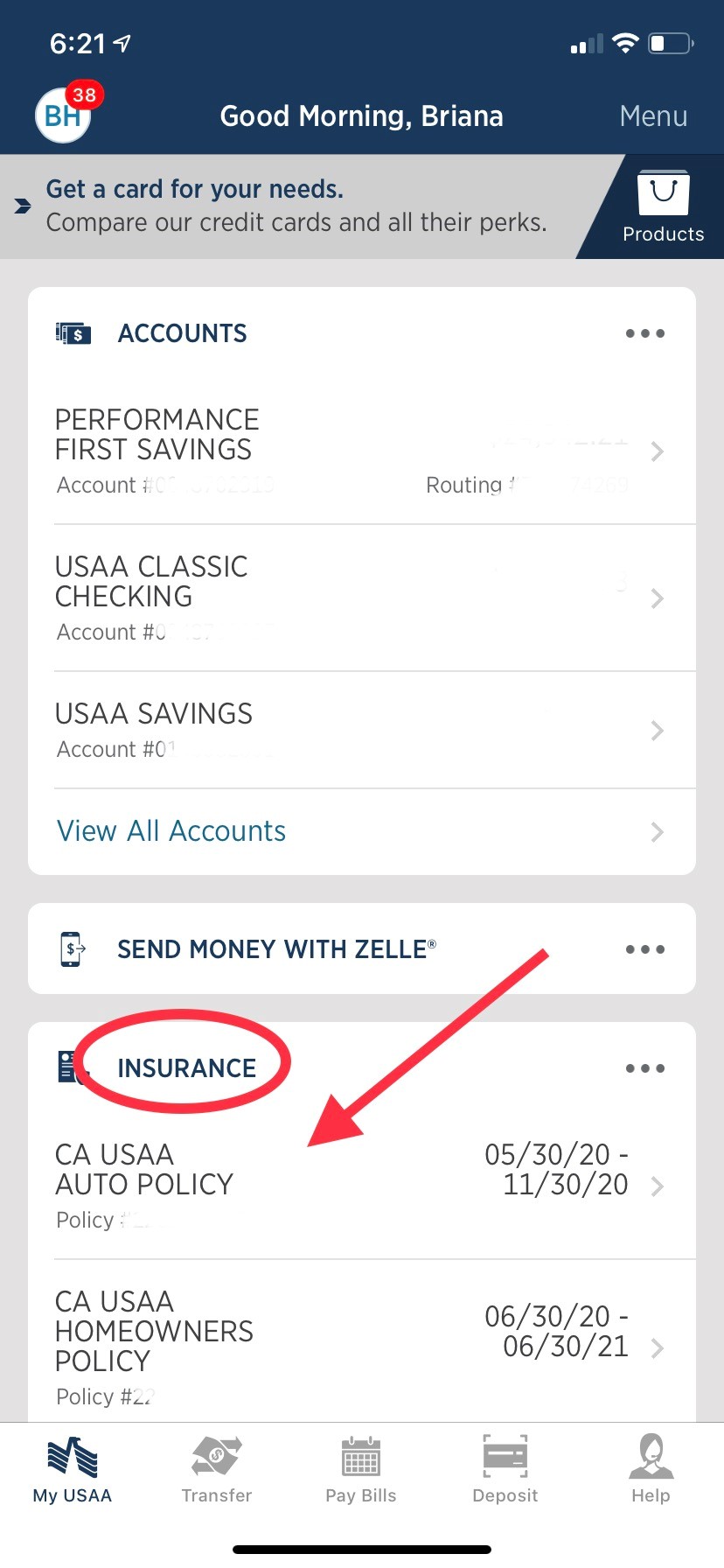
It is crucial to know the different types of plans that are available in New Jersey when looking for health insurance. Some plans have age-based premiums while others have location-based rates. This article provides information on the types and prices of New Jersey's health insurance plans. Learn how to reduce your premiums and maximize your coverage.
New Jersey's health insurance rates
The cost of New Jersey health insurance can vary depending on your individual circumstances. If you are only in need of routine medical care, you may be able to choose a Bronze plan. You might choose to go with a Silver or higher-cost plan if your needs are more urgent, such as frequent doctor visits and prescription drug purchases.
New Jersey saw a 3% increase in average insurance costs between 2021-2022. The greatest jump was observed in bronze plans. Regulations also limit the cost of New Jersey health insurance. Short-term health insurance plans are not allowed, as they typically do not cover essential benefits, and require medical underwriting.
There are many types of plans that you can choose from
There are several options available when searching for New Jersey's health insurance. You can purchase a Health Maintenance Organization plan or an Exclusive Provider Organization plan. HMOs are an affordable option that allows you to keep in touch with specialists and doctors. EPO plans can be more flexible and offer greater coverage.

You should consider your income level when searching for New Jersey insurance. Medicaid offers lower-cost coverage to low-income residents. Some people may be eligible for subsidized coverage that is either free or at a reduced price through the health insurance marketplace.
Premiums based on your age
Age-based premiums for health insurance in the state of New Jersey are not permitted. But, the cost of insurance does not depend on your age. Premiums tend to be lower for younger persons and higher for seniors. There are also certain discounts based on age and income, such as premium tax credits for seniors and cost-sharing reductions for people with low incomes. You will receive a quote when you apply to health insurance. Your age and the type you select will affect how much premiums.
New Jersey offers two types of health insurance. The first is the Health Maintenance Organization (HMO). Another is an Exclusive Provider Organization. You must use an HMO network of doctors in order to get treatment. However, if you need a specialist, you can choose to visit a different provider. You can also visit doctors outside the network with the EPO option.
Premiums that are location-based
Prices for individual New Jersey insurance vary. It all depends on your individual health needs and preferences. You may choose the Gold plan if your visits to the doctor are frequent. This plan has higher monthly rates, but you will also be paying less for deductibles and office visits. However, the Bronze plan may be better suited for you if you do not use your health coverage often. Bronze plans have lower monthly costs, but higher copays and deductibles. These plans offer the lowest cost for people who are not likely to use their health coverage.
New Jersey has different health insurance costs depending on where you are located. This means that depending on your location, you might pay more for health insurance in some areas than others. For a 40-year-old, the average monthly cost of health insurance in New Jersey will be $583 per year by 2022. This figure is 3% higher than it was in 2021. The IHC Silver EPO AmeriHealth Choice $45/40% policy, which costs $398 each month, is the most affordable type of health insurance for New Jerseyans. In 14 counties, the cheapest Silver plan is OMNIA Silver Value, while in another 14 counties, the lowest Silver plan is Horizon Blue Cross Blue Shield's Value Access Silver.

Plan for the short-term
There are a variety of insurance companies offering short-term medical insurance plans in New Jersey. Although the term may seem brief, they can be the best choice for some people. The short-term option is for people without any health insurance. The cost of both types of plans depends on your individual needs.
Although the coverage and benefits of a short-term plan are often limited, many people find them to be affordable and convenient. It usually covers emergency care only and doesn't offer as much coverage as major medical health insurance. These plans can be affordable for those who need temporary coverage or are between jobs. To ensure you get the right coverage, it is worth using a comparison site.